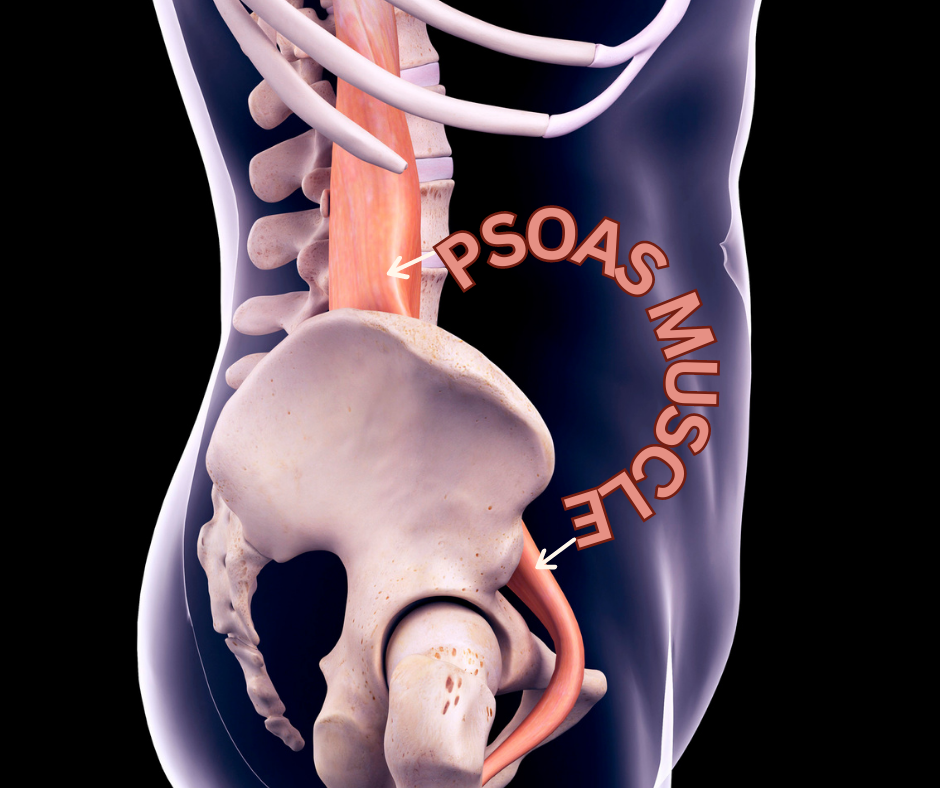Ayurvedic Medicine:
Throughout the day, from sunrise to sunset, the solar energy from the sun changes. Like clockwork, with each passing hour, the atmosphere, in combination with the rotation of the earth around the sun, has created a daily solar symphony of electromagnetism that highlights certain rays while filtering others. The impact this has on our lives was mapped out in Ayurveda thousands of years ago. https://www.betterhealth.vic.gov.au/health/conditionsandtreatments/ayurveda
These changes in the sun’s energy throughout the day are responsible for nature’s circadian rhythms. The lifestyle you choose determines whether your biological clocks will turn on & off in sync with nature’s light-dark cycles. https://www.nutritionalhealthenterprises.com/circadian-rhythm-is-a-24-hour-cycle/

Benefits of the Sunrise:
All of us has a circadian rhythm, which is the internal clock that tells our body when it should be awake & alert & when it should be tired & sleeping. You might call it your ‘body clock’.
Now, our circadian rhythm is affected by a number of factors but one of the biggest is our light environment.
When it’s dark outside, our eyes naturally signal to our brains that it’s time to feel tired. Our body then releases melatonin, which is the chemical which makes our body tired and puts us to sleep.
Likewise, when it’s light outside, our circadian rhythm tells us we should be awake. Morning light sets off a cascade of hormones and neurotransmitters which make you feel good.
It makes complete sense then, that the closer we align to the natural light of day, the healthier we will feel.
- Grandeur – The sun is such a magnificent energy. For me watching the sunrise over the the ocean is stunning
- Peace – At sunrise, the energy from the sun is one of peace. The stillness before the dawn
- Beauty – There is a beauty all around us, yet, many never notice it. When you are in the moment you begin to notice the little things. https://www.nutritionalhealthenterprises.com/health-well-being-nutrition-self-care/
- Gratitude – Is pausing to notice & appreciate the things that we often take for granted, like having a place to live, food, clean water, friends, family. Saying thank you to the sun for rising on this gorgeous day
- Meditation – Morning meditations can bring a deep sense of calm to your mind & reduce needless worry & habitual thought patterns. Starting your day with a clear & still mind will minimise creating excess worry & monkey-mind thoughts throughout the rest of your day
- Also, starting your morning with a calm, focused mind sets the tone for your entire day. If you start your day centered, you will be in a better place to deal with the challenges & opportunities that the day may bring
Health benefits of the sun:
- Healing – Recent research shows that being exposed to too little sun exposure can reduce the survival rates of those suffering from certain diseases like cancer. As more people are recognising the healing properties of sunlight
- Improves Sleep – The sun stimulates the production of melanin, stimulates the metabolism, (especially metabolism of minerals) is good for helping glands that take care of internal secretion
- Reduces stress – Melatonin also lowers stress reactivity and being outside will help your body naturally regulate melatonin, which can help reduce your stress level. Additionally, because you’re often doing something active when you’re outside (walking, playing, etc.), that extra exercise also helps to lower stress
- Strengthens your immune system – Vitamin D is also critical for your immune system, and with consistent exposure to sunlight, you can help strengthen it. A healthy immune system can help reduce the risk of illness, infections, some cancers, and mortality after surgery
- Fights off depression – It’s not just in your head; there’s a scientific reason being in the sunshine improves your mood. Sunshine boosts your body’s level of serotonin, which is a chemical that improves your mood and helps you stay calm and focused. Increased exposure to natural light may help ease the symptoms of seasonal affective disorder – a change in mood that typically occurs in the fall and winter months when there are fewer hours of daylight










